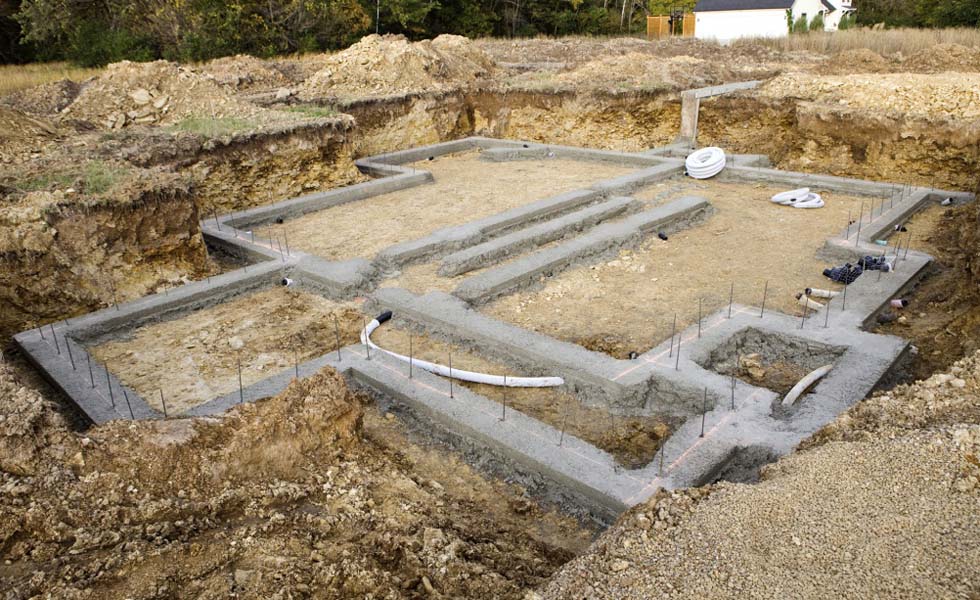Building a home foundation is not as easy as picking up some dirt and pouring it into the ground to build your foundation. There are many considerations to keep in mind when building your foundation, such as best drainage and insulation, access to electricity and water, structural support, etc.
A sustainable home foundation is a type of foundation that helps promote sustainable living practices. It is designed to help homeowners achieve long-term conservation and efficiency goals, improve the quality of their indoor air quality, and protect their environment. A sustainable home foundation can also help reduce homeowner expenses, lower energy costs, and even provide tax benefits.

Image Source: Google
There are many different types of Sustainable Home Foundations available on the market today. Some examples include stormwater management foundations, green building foundations, sustainable roofing foundations, and more. Each foundation has its own unique features and benefits that make it perfect for a specific need or goal. To find the right foundation for you, consult with an experienced home builder or design professional.
Types of Sustainable Homes:
Different people have different needs when it comes to their homes. Some may need a small home that can easily be moved, while others may want a large and permanent home. There are many different types of sustainable homes, and each one has its own benefits.
One type of sustainable home is the ecovillage. These villages are designed to be self-sufficient and environmentally friendly. They use renewable energy sources, recycled materials, and organic farming methods. They also encourage community involvement and cooperation.
Another type of sustainable home is the cohousing community. Cohousing is a type of cooperative housing where residents share common spaces, resources, and responsibilities. This helps residents learn about and support each other's efforts to reduce their environmental impact.
Another type of sustainable home is the mountain cabin. These homes are typically located in rural areas away from big cities. They're built with natural materials like wood and stone, and they use solar energy and rainwater collection for water supply.